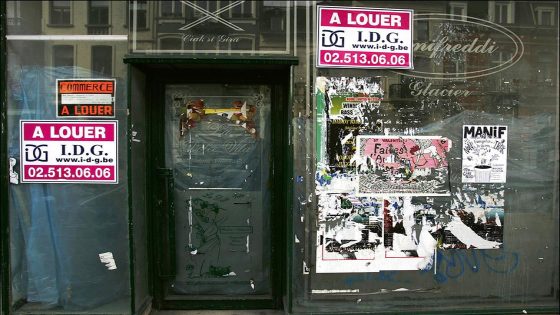Financial health of companies in Belgium is under fresh scrutiny following new research into the role of directors linked to multiple business failures. On 2025-06-02 17:56:00, findings emerged highlighting a worrying pattern: some company directors have been involved in hundreds of businesses, with a strikingly high chance of those companies going bankrupt soon after their involvement.
- Onderzoekers identificeren bestuurders met faillissementsrisico
- Bestuurders actief in honderden bedrijven onderzocht
- Strafrechtelijke veroordelingen linken bedrijven aan criminaliteit
- VUB en Companyweb analyseren faillissementsdata samen
- Bedrijven met veroordeelde bestuurders vaker failliet
- Financieringsgezondheid van bedrijven centraal in onderzoek
Thomas Selleslagh, an independent researcher at Companyweb and former VUB doctoral candidate, teamed up with Marie-Laure Vandenhaute from VUB to explore the connection between bankruptcies and directors previously convicted for bankruptcy-related crimes. Their study defines a company as “linked to criminal activities” if its directors have prior criminal convictions related to bankruptcy or have worked with others who do.
What does this mean for Belgian businesses and investors? Could this pattern signal a deeper risk within corporate governance? The research sheds light on these critical questions.
Why do some directors repeatedly appear in failing businesses? This research suggests a systemic issue in monitoring corporate governance. Key points include:
- Directors involved in multiple companies often correlate with increased bankruptcy risk.
- Prior criminal convictions related to bankruptcy raise red flags for future company stability.
- Collaborations among directors with criminal records amplify the risk of corporate failure.
As Belgium moves forward, will stricter regulatory measures be implemented to prevent risky directors from repeating past mistakes? Vigilance and informed decision-making will be essential to safeguard the financial health of Belgian companies and the wider economy.

































